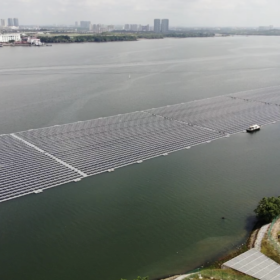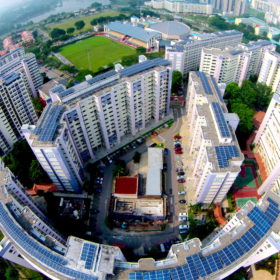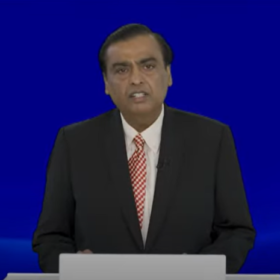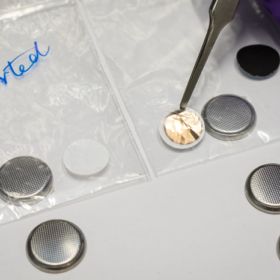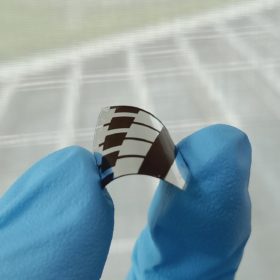The Hydrogen Stream: Australia approves $150 million hydrogen promotion program, Mitsubishi developing ammonia combustion burner in Japan
In other news, Oil India is setting up a 100 kW green hydrogen production facility in Assam, while the German government is providing €60 million for a project aimed at preparing electrolyzer technologies for industrial production at gigawatt scale.
Novel design for shingled solar modules
Researchers in Singapore have created a flexible framework for designing hotspot-resistant shingled modules. Their work is claimed to be perfectly compatible with existing manufacturing techniques.
Analyst revises up zero-emission vehicle forecast after bumper year
A report published by BloombergNEF for the COP26 climate change summit has listed global commitments by cities, states, provinces and nations to end the sale of new fossil-fueled vehicles but, with 2035 estimated as the cut-off date for zero-emission roads by mid century, policymakers need to be more ambitious.
EDP becomes largest shareholder of Sunseap
The operation is part of the Portuguese utility’s plan to deploy another 13 GW of renewable energy capacity by 2025.
Green loan for 70 MW-plus rooftop solar program in Singapore
The city state is aiming to install panels on more than 1,200 public housing blocks of flats under the fourth phase of its national rooftop solar initiative.
Reliance Industries acquires 100% stake in REC Group, plans new manufacturing bases
India headquartered multinational Reliance Industries, through its subsidiary Reliance New Energy Solar Limited, yesterday announced the acquisition of Norway headquartered module manufacturer REC Group. The move comes as Reliance pushes forward with its US$10 billion plan to move in on the renewable energy industry, having also this week announced acquisition of a 40% share in EPC provider Sterling & Wilson.
Novel technique to prevent fires in lithium-ion batteries
Singaporean scientists have developed a special device that prevents the formation of dendrites in lithium-ion storage. The additional layer they created works as an interface on behalf of the negative electrode, to exchange lithium-ions with the positive electrode.
Co-evaporated perovskite solar cell with 20.6% efficiency
Researchers in Singapore have built what they claim is the industry’s most efficient, large-area co-evaporated solar cell. According to their findings, the device has exhibited remarkable thermal stability and could reach commercial maturity within the next few years.
Bidders plan to use ‘brown power’ to balance intermittency of solar in Singapore’s clean power tender
Solar developer NEFIN and electric company Tuas Power have tabled a joint bid to secure the rights to supply 100 MWh of ‘zero-carbon electricity’ from Malaysia to Singapore and said they initially intend to use “brown power” to secure supply during non-solar-generation hours.
Sunseap announces 2.2 GW floating PV project at Indonesian water reservoir
If built, the project would be the world’s largest floating PV power plant and would reach the same capacity as the largest ground-mounted facility currently in operation.



